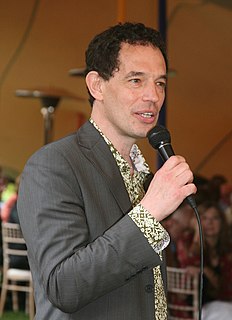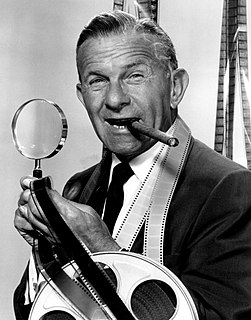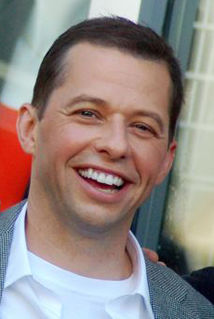A Quote by Gary Wolf
Fortunately, human forgetting follows a pattern. We forget exponentially. A graph of our likelihood of getting the correct answer on a quiz sweeps quickly downward over time and then levels off.
Related Quotes
Once we have forgiven, however, we get a new freedom to forget. This time forgetting is a sign of health; it is not a trick to avoid spiritual surgery. We can forget because we have been healed. But even if it is easier to forget after we forgive, we should not make forgetting a test of our forgiving. The test of forgiving lies with healing the lingering pain of the past, not with forgetting the past has ever happened.
in time of daffodils(who know the goal of living is to grow) forgetting why,remember how in time of lilacs who proclaim the aim of waking is to dream, remember so(forgetting seem) in time of roses(who amaze our now and here with paradise) forgetting if,remember yes in time of all sweet things beyond whatever mind may comprehend, remember seek(forgetting find) and in a mystery to be (when time from time shall set us free) forgetting me,remember me
I learned something from a string of failed relationships. You don't see a pattern quickly. You see it over time. I learned to stop jumping in at the first sign of attraction. As soon as you're attracted to someone, you go for it - whether or not it's a good idea. Basically, just going out and getting laid.
A typical workday for me is getting up at about 5:00, 5:15 in the morning, getting some coffee or tea as quickly as possible, and then getting to my desk. And ideally, I'll start writing around 5:30, 5:45, and I'll write for three, four hours, and then I'll take a break, and read over what I write. Maybe about lunchtime, I'll go exercise or get out into the day. Then I'll either read over what I wrote the day before and quit work around 3:00 or 4:00 in the afternoon and spend some time with my kids.
As soon as one knows one is going to die, childhood is over.... So one can be grown up at seven. Then, I believe most human beings forget what they have understood, recover another sort of childhood that can last all their lives. It is not a true childhood but a kind of forgetting. Desires and anxieties are there, preventing you from having access to the essential truth.
Forgiving presupposes remembering. And it creates a forgetting not in the natural way we forget yesterday's weather, but in the way of the great "in spite of" that says: I forget although I remember. Without this kind of forgetting no human relationship can endure healthily. I don't refer to a solemn act of asking for and offering forgiveness. Such rituals as sometimes occur between parents and children, or friends, or man and wife, are often acts of moral arrogance on the one part and enforced humiliation on the other. But I speak of the lasting willingness to accept him who has hurt us.
The only answer to this, and it isn't an entire answer, said Father Travis, is that God made human beings free agents. We are able to choose good over evil, but the opposite too. And in order to protect our human freedom, God doesn't often, very often at least, intervene. God can't do that without taking away our moral freedom. Do you see? No. But yeah. The only thing that God can do, and does all of the time, is to draw good from any evil situation.

































